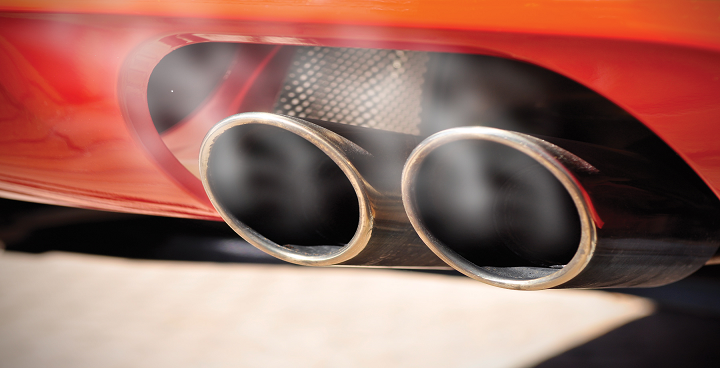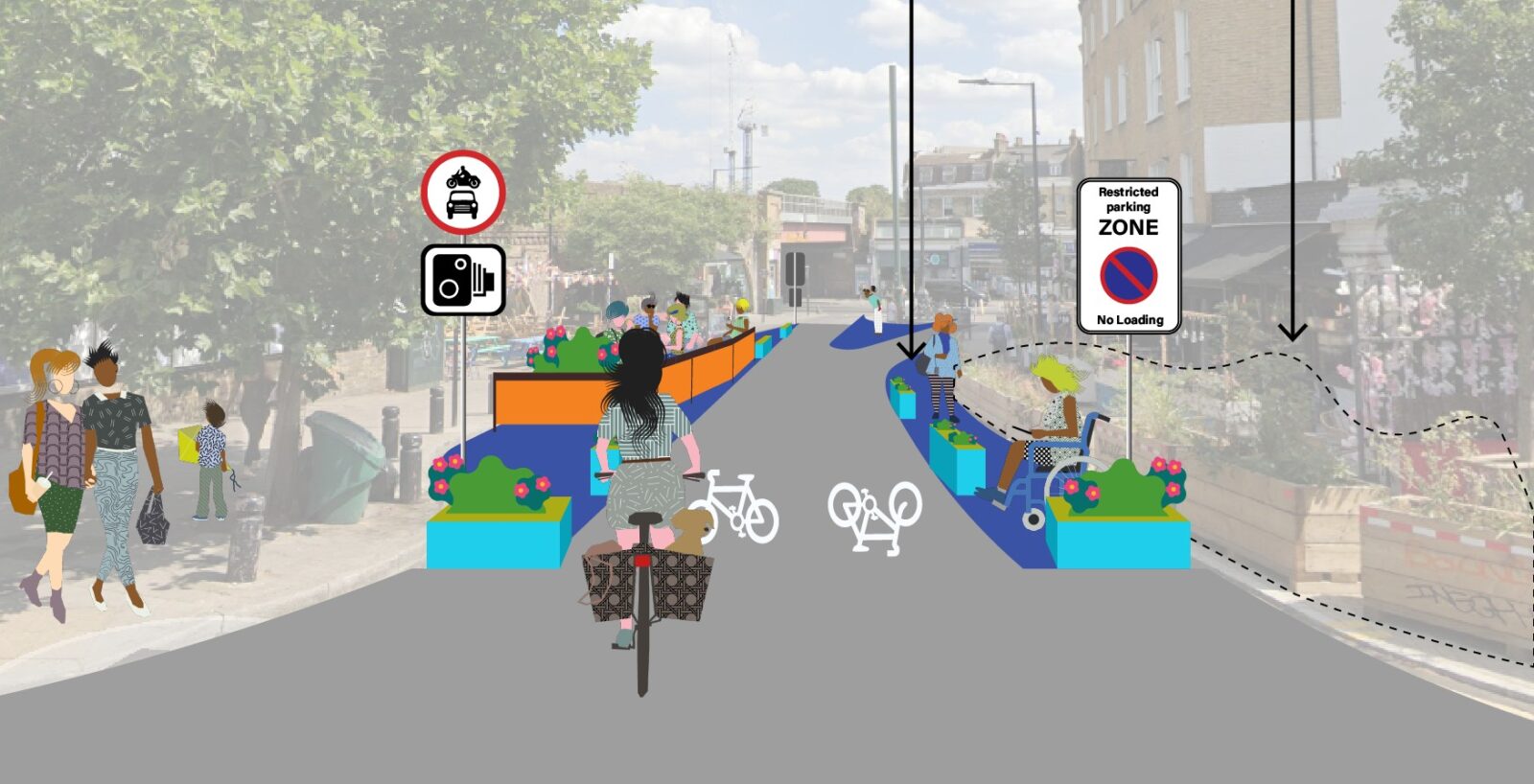
Running your engine unnecessarily while your vehicle is stationary:
- Pollutes the environment – turning off and restarting an engine causes less pollution than keeping the engine running.
- Effects health – turning off your engine could help to reduce asthma, heart disease and lung cancer.
- Costs you money – idling wastes fuel and money and can increase wear and tear on your engine.
- Is illegal – you could be fined.
What are the problems?
An idling engine can produce up to twice as many exhaust emissions as an engine in motion. Exhaust emissions contain a range of air pollutants such as carbon monoxide, nitrogen dioxide, and particulate matter. These can affect the air quality of the surrounding environment and the air we breathe and are particularly bad for people with asthma, children, the elderly and you.
Why is idling illegal?
Vehicle idling is an offence against the Road Traffic (Vehicle Emissions) (Fixed Penalty) (England) Regulations 2002. The law states that is an offence to idle your engine unnecessarily when stationary. If you fail to turn your engine off after being spoken to you may be issued with a fixed penalty notice of £20.
Who does the legislation effect?
The legislation covers all vehicles on public roads including buses, taxis and private cars. It does NOT apply to vehicles moving slowly due to road works or congestion; vehicles stopped at traffic lights; vehicles under test or repair; or defrosting a windscreen.
What can you do?
- You can do your bit by switching off the engine if it looks like you could be waiting for more than a minute. Modern cars use virtually no extra fuel when they’re re-started without pressing the accelerator so you won’t waste lots of fuel switching the engine back on.
- Turn off your engine when stationary, for example – outside a shop, school, at a taxi rank, whilst unloading / loading or when parked outside your house.
- Avoid idling whilst waiting in car parks, petrol stations, lay-bys and “set down” and “pick up points”.
What are the benefits?
- By turning off your engine you improve air quality, reduce fuels costs and comply with the law.
- Reducing air pollutants can help cut heart disease, reduce lung cancer and prevent asthma attacks.
What can we do to improve air quality?
Thinking about air pollution – if we all reduce the amount of fuel we use, we will improve the quality of the air that we breathe.
Why not start by leaving the car at home one day a week? Walking or cycling to school is not only good for your health but it will save on fuel costs and help reduce local air pollution. Using public transport whenever you can will also reduce traffic congestion and improve air quality.
You may have friends, family or neighbours who also drive their children to the same school or one nearby. Why not take turns to drive or walk the children to school? If you don’t know anyone who lives near you, why not check whether your school has a travel plan. If you arrive at school a little early – don’t sit in your car with the engine idling and/or your air conditioning running continuously – switch your engine off; you’ll save fuel, money and improve local air quality!
Frequently Asked Questions:
Does starting an engine cause more pollution than idling?
No. Turning off an engine and restarting it after a minute or two (or longer) causes less pollution than keeping the engine idling and uses less fuel.
Does the engine need to stay on to keep the battery fully charged?
No. Modern batteries need less engine running time.
When it’s cold I need to keep my vehicle warm or warm up my engine
It can take up to an hour for an engine to cool down. Turning off your engine, but keeping the ignition on and the fan blowing will provide warm air for some time. If you are concerned about passenger comfort, keep the engine idling to an absolute minimum in warm and cold weather.
Don’t catalytic converters need to be hot to work properly?
Yes, but an idling engine does not keep a catalytic converter warm. They retain their heat for about 25 minutes after an engine is switched off anyway.
The Energy Saving Trust have put together some useful Eco Driving Tips.
Does idling affect health?
Yes – numerous studies have indicated that vehicle emissions contribute significant amounts of airborne pollutants, which have a detrimental effect on human health. The World Health Organisation (WHO) website contains more detailed information on this subject.
The London Air Organisation also states that: Everyone who lives in an urban area continues to be exposed to substantial amounts of air pollution. Numerous research studies across the world agree that breathing air of poor quality impacts on people’s health. Exposure to poor air quality is associated with both ill health and premature death. People may be affected by poor air quality even if they never experience any noticeable pollution related health effects such as breathing problems. Air pollution can cause short term (nearly immediate) symptoms and long term (chronic disease) effects.
Cutting down on these emissions, can lead to better air quality and help reduce overall impacts on health, from these type of pollutants – switching the engine off while vehicle stationary will have a positive effect.




The problem of engine idling is widespread, and I find it unbelievable that parents indulge in the practice when dropping off their offspring at school. It would be useful if all schools in the borough would display notices reminding those who choose to drive to school that it is in fact illegal to leave engines idling.